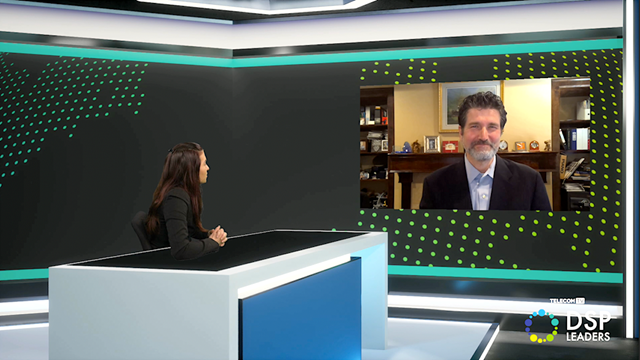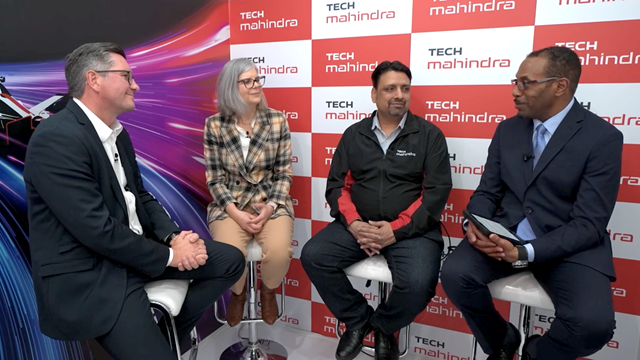After learning that Sergey Brin, the co-founder of Google, believes that the use of smartphones actually unmans the male population of the planet by forcing them when using the handsets to adopt a strange, strangulated and stooped posture that plays havoc with the reproductive bits, and that, in his entirely rational and unbiased opinion, the only solution to prevent mass emasculation is Google Glass, (or glasses), it is surely time to take a closer look at the technology and the extremely sinister purposes to which it could be put.
There is enormous hype out there about Google Glass, most of it unreservedly and unrelentingly positive, much of it unquestioningly and uncritically hagiographic in its unstinting praise for the prescient genius of Brin and his cohorts.
Most such coverage is by young bloggers more concerned about the Cookie Monster tweaking the design of Google goggles to make them "cool" and therefore socially acceptable to that all-important demographic, "The Yoof" of today and tomorrow" than anything else fuirther away on the horizon. So, perhaps it time for older, more grizzled, less easily-impressed journalists to rip aside the rosy-tinted veil and reveal the ugly reality of the creature lurking beneath.
One of the little remarked but potentially very disturbing features of Google Glass is that the specs will come complete with the ability to record, both in video and audio and at a single word voice command, everything a user sees and hears - whether those that are being recorded are aware of the fact or not.
Now, think about what this may mean. For example, in daily face-to-face contact with people we know, how many of us will actually be aware if and when we are being recorded and what effect will that have on our behaviour? Constraining in the extreme, I'd guess.
Now multiply that N-fold for other situations where you as an individual may be being recorded by a complete stranger in places such as bars, shops, restaurants, at work, in the street and in trains, planes and automobiles - indeed everywhere. The day could soon dawn when just about every word you say, and every action you take, will be recorded whether you have given your permission or not and usually you will be incomplete ignorance of the fact that it is taking place anyway.
This so-called "lifestream" is pernicious because, unless stringent safeguards are put in place now and rigourously policed, Google will eventually be able to record, store and manipulate data recording the daily actions of who knows how many millions of individuals. No company, indeed, no government or agency should have that power. It is the way to a totalitarianism that will make the dystopia of "1984" seem wonderfully benign in comparison.
As the commentator Mark Hurst writes in his Creative Good blog (which I commend urgently to your attention), "The key experiential question of Google Glass isn’t what it’s like to wear them, it’s what it’s like to be around someone else who’s wearing them."
Mark Hurst continues, "Anywhere you go in public – any store, any sidewalk, any bus or subway – you’re liable to be recorded: in audio and video. Fifty people on the bus might be Glassless, but if a single person wearing Glass gets on, you – and all 49 other passengers – could be recorded. Not just for a temporary throwaway video buffer, like a security camera, but recorded, stored permanently, and shared with the world."
LIfestream is a Google brainchild and the company will soon be able to integrate Glass with other of its technologies. Thus, whilst the first version of the Google glasses store recordings only temporarily (or so it is claimed), there seems to be little to prevent future interations of the devices from copying the data to the massed ranks of Google's servers.
Once captured that data could easily be used in conjunction with the huge facial recognition and identity database that Google is currently constructing, then matched to video files and used for God knows what purposes. One thing is for sure, that nice young Mr. Zuckerberg has already said that Facebook will develop apps for Google Glass.
Then there's Google's speech-to-text software that is already in use on the company's myriad servers and is being incorporated into Google glasses. With that, any audio in any video could be converted to text, linked to the person who uttered the words and then made searchable. This way please to "Prison World" the theme park of all our futures.
Today it has been announced that the police department of Laurel, in Maryland in the US, is issuing its officers with sunglasses that incorporate miniature, wearable video cameras so that they can "record interactions". And this as more and more Americans are either roughed-up by the police or face spurious charges for daring to use smartphone cameras to record the police. It seems not to matter that the public actions are entirely legal under the terms of the almighty US Constitution, more often that not it is one law for the law enforcers and another for the people.
Now, consider the day - and it is looming - when everything you say and do is recorded and available to the many and various agencies that will be slavering at the prospect of such power and exerting it on you.
Google Glass is in development now, and that development is advanced. The devices are expected to hit the US market late this year and, initially, will cost about US$1,500 a pair. Economies of scale are expected to bring that price rapidly down. Hell, some governments might even provide huge subsidies to "encourage" people to wear them.
When that happens, and it will, our daily lives will change. Personal and social interactions will be more constrained, people will be wary about what they are saying to whom and physical attacks on Google Glass wearers will be commonplace.
However, Google Glass won't be used in very bulky, nerdy and obvious spectacles for long. I am sure that the company is already working with lens manufacturers to come up with Google Glass contact lenses. Then we really will be in a brave and scary new world. Think on that the next time you use StreetView. Google got away with that massive intrusion easily enough, didn't it? Did you think would stop there? More fool you.
One day, maybe within a generation or perhaps much less, someone will develop a device to read and record what we are thinking. Then there really will be Thought Crimes and the Thought Police and George Orwell will be proven to have been absolutely right.
As Robert Herrick wrote:
"Gather ye rosebuds whilst ye may
Old Time is still a-flying:
And this same flower that smiles today
To-morrow will be dying."
That flower is individual freedom, privacy and human rights.
Email Newsletters
Sign up to receive TelecomTV's top news and videos, plus exclusive subscriber-only content direct to your inbox.



